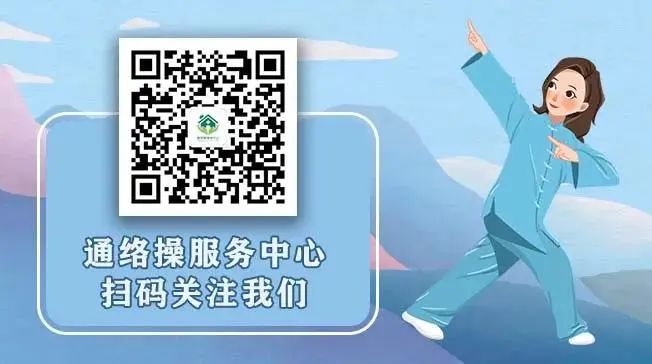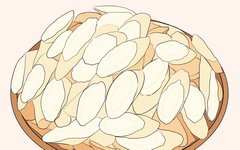 Click the blue text to follow us
Click the blue text to follow us
Friends familiar with traditional Chinese medicine (TCM) must be well-acquainted with “Dang Shen (Codonopsis pilosula)”, which is also quite common on the dining table due to its dual role as both food and medicine.
The reason Dang Shen is so favored is due to its numerous health benefits. Today, we will explore the various effects of Dang Shen.
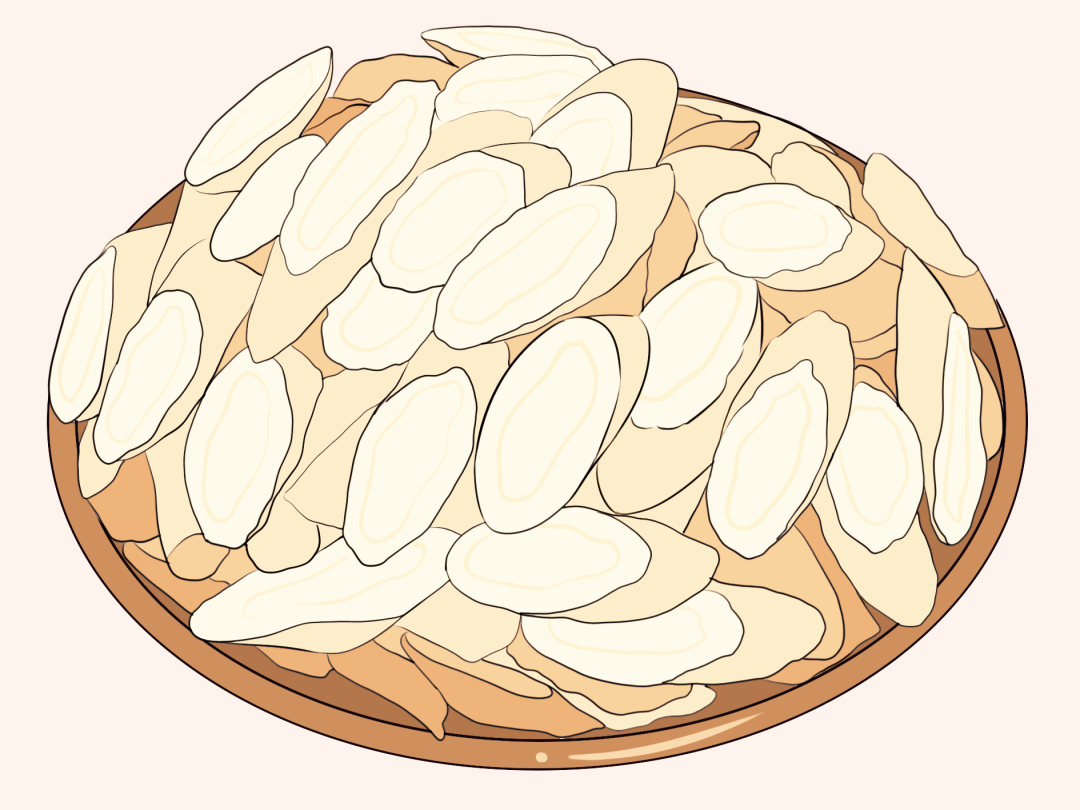
First, let’s look at a little story about Dang Shen
It is said that in the Shangdang County at the foot of the Taihang Mountains, there lived a wealthy but unkind landlord. Although he opened a pharmacy, he engaged in the evil act of selling fake medicines that harmed the local people.
The mother of a poor youth named Zhang Lang in the county died after taking the landlord’s fake medicine. Later, Zhang Lang’s father fell seriously ill, and the landlord’s pharmacy used tree roots to impersonate Dang Shen, causing his father’s condition to worsen instead of improving.
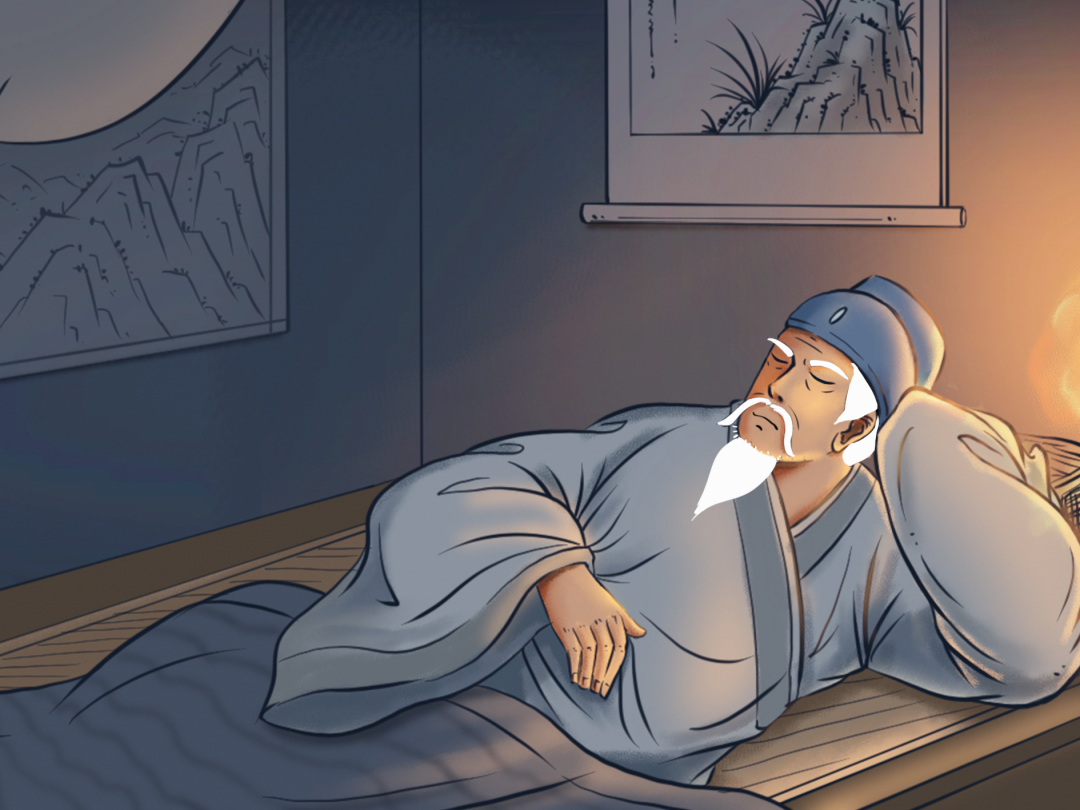
Desperate, Zhang Lang had to go up the mountain to find real Dang Shen. However, the mountain was high and dense with trees, and he could not find any trace of Dang Shen. Instead, he got lost and fell asleep in the mountains. In his dream, a beautiful girl told him where Dang Shen grows and how to use it. After waking up, Zhang Lang went to the place the girl mentioned and indeed found Dang Shen.
He returned home and fed his father Dang Shen according to the method the girl had described, and soon his father recovered.
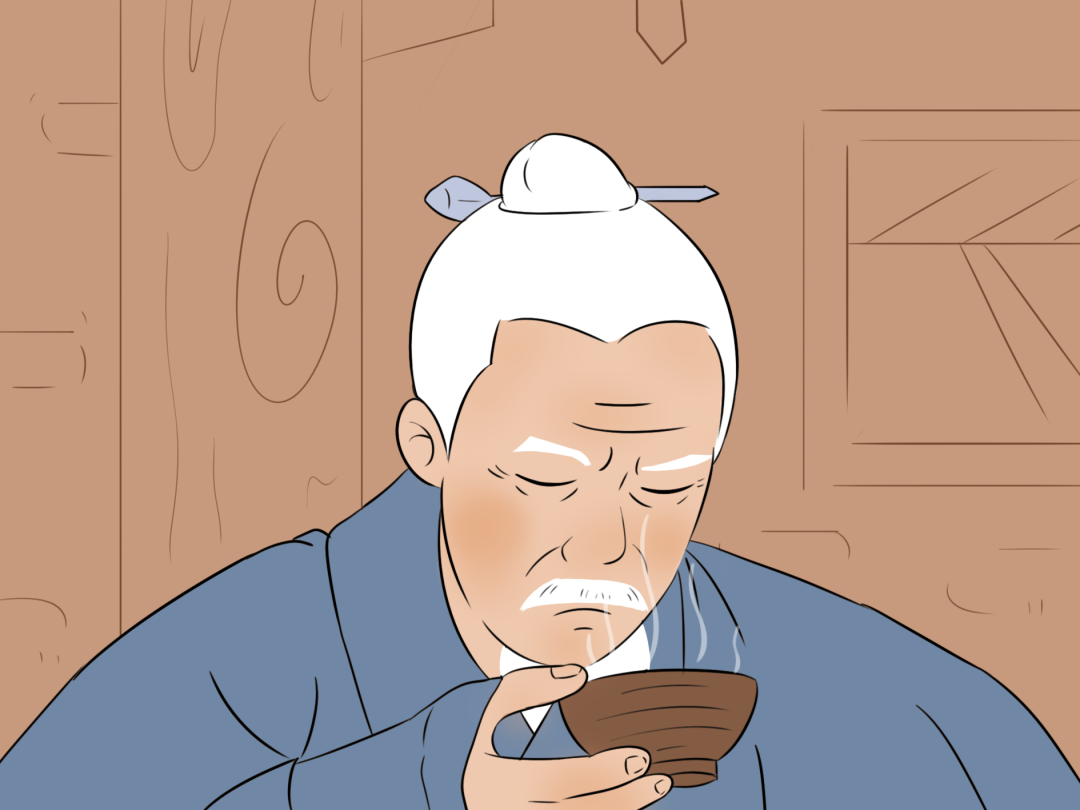
Although the story is magical, the efficacy of Dang Shen is indeed not exaggerated. The Ming Dynasty physician Li Shizhen listed it as a superior herb in the Compendium of Materia Medica.
The Correct Interpretation of Materia Medica records that Dang Shen: “has the power to tonify the spleen and nourish the stomach, moisten the lungs and generate fluids, and invigorate the middle qi. … It tonifies the spleen without causing agitation, nourishes the stomach yin without causing stagnation, moistens the lungs without causing coldness, and nourishes the blood without being overly rich.”
1. Nourishing Blood and Generating Fluids
Modern herbal literature, Scientific Folk Herbs, states that Dang Shen is a “blood tonic” that can treat chronic anemia, atrophic gastritis, leukemia, glandular disease, and rickets.
Dang Shen not only treats diseases but also has nourishing and health-promoting effects. When we experience insufficient qi and blood, leading to weakness in the limbs, shortness of breath, palpitations, and pale complexion, we can also take Dang Shen to nourish ourselves.
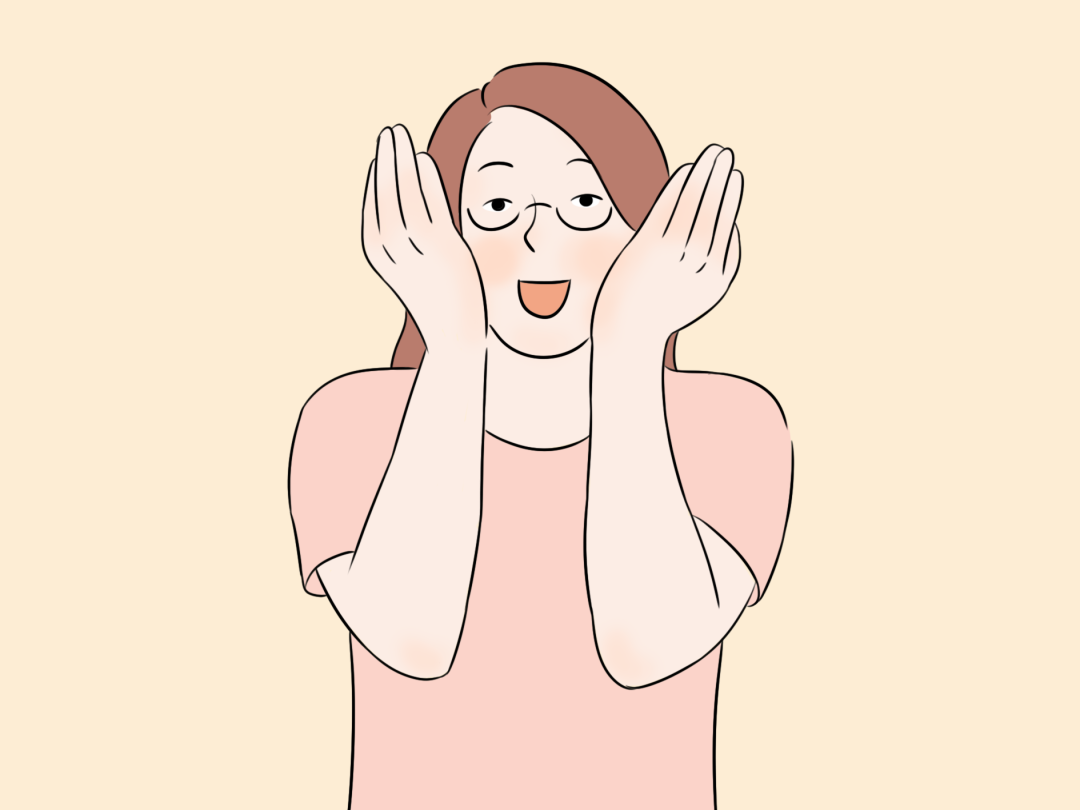
2. Strengthening the Spleen and Benefiting the Lungs
Dang Shen also has the effects of harmonizing the stomach and generating fluids, dispelling phlegm and stopping cough. If one experiences symptoms such as loss of appetite and fatigue, one can consider taking Dang Shen to enhance spleen and stomach function, thereby improving appetite and restoring health.
Modern science has also confirmed that Dang Shen contains phenolic compounds, sterols, glycosides, trace alkaloids, and vitamins B1 and B2.
It not only dilates blood vessels and lowers blood pressure but also has a stimulating effect on the human nervous system, enhancing the body’s resistance. It can be considered a “miraculous medicine” that nourishes and treats diseases.
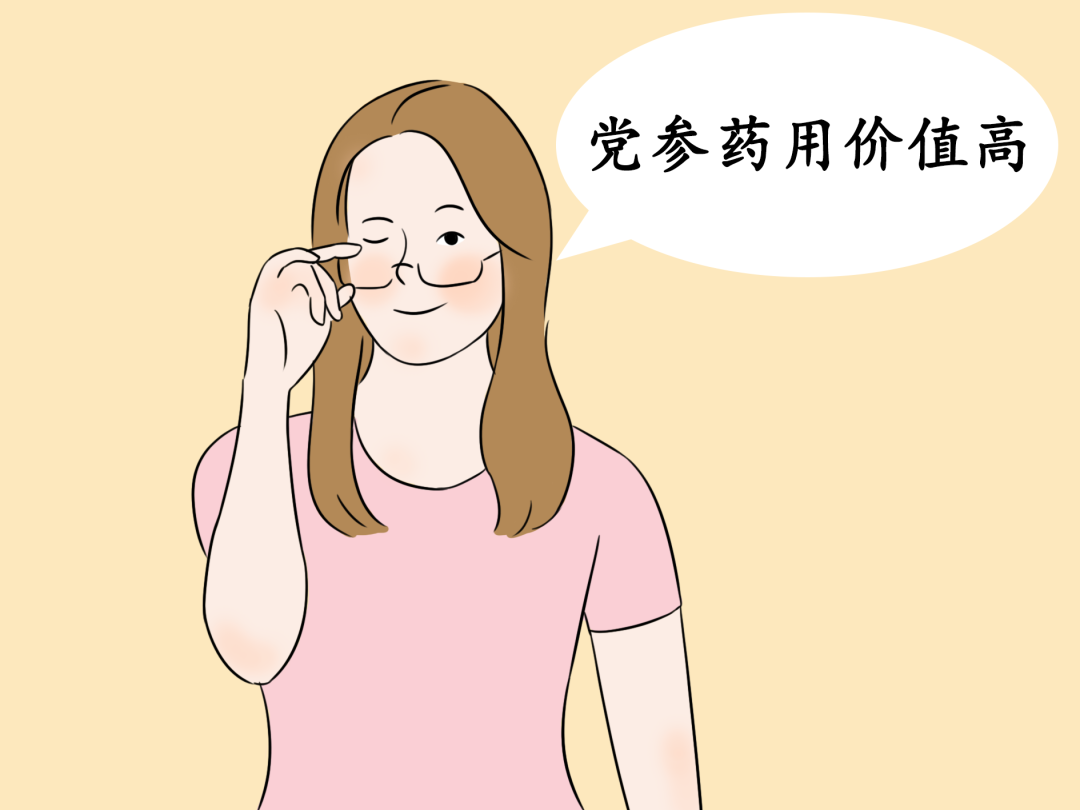
Moreover, Dang Shen is reasonably priced and easy to consume. In addition to being used directly in TCM formulas, it can also be used as a dietary therapy ingredient for soups and porridge.
It can even be used to brew tea or infuse liquor, making its consumption quite versatile. Below, we will introduce several dietary therapy recipes using Dang Shen.
Dang Shen and Red Date Sticky Rice
Ingredients: 10 grams of Dang Shen, 10 red dates, 150 grams of glutinous rice, and an appropriate amount of brown sugar.
Method: First, wash the Dang Shen and red dates, then boil them to extract the juice; steam the glutinous rice until cooked, place it in a bowl, pour the Dang Shen and red date juice over it, and add an appropriate amount of brown sugar to serve.
Efficacy: Suitable for those with spleen and stomach deficiency, poor appetite, vomiting, and fatigue.
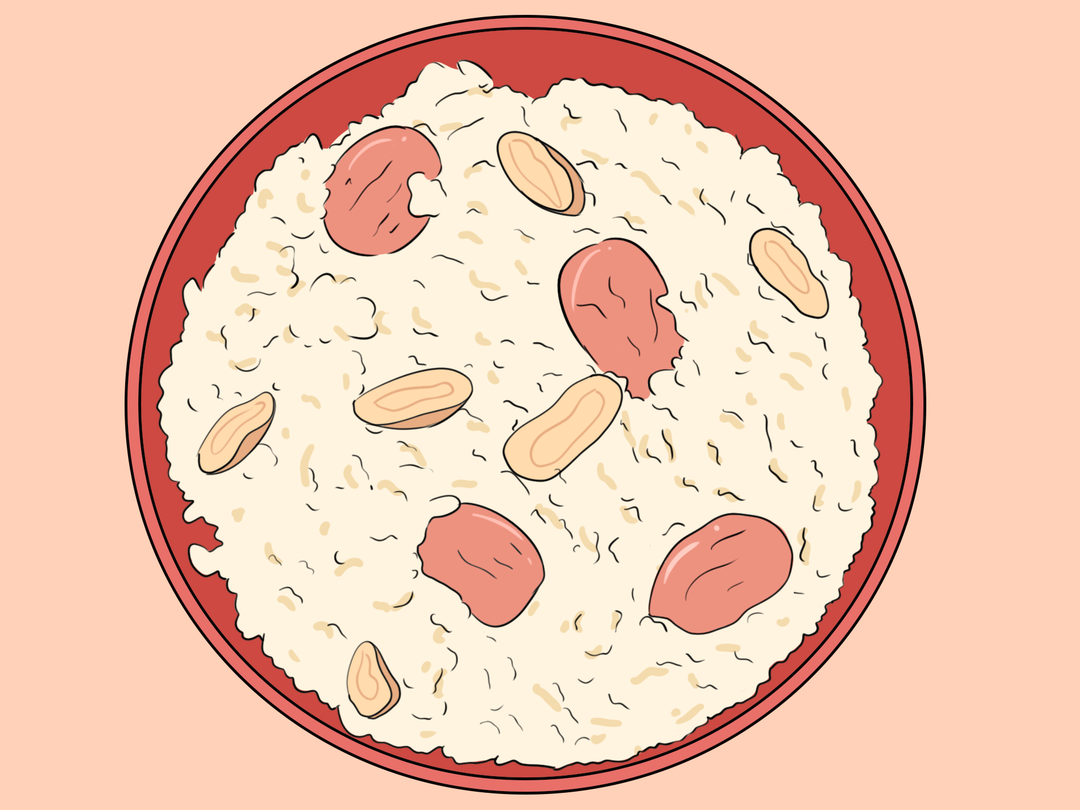
Dang Shen Black Chicken Soup
Ingredients: 15 grams of Dang Shen, half a black chicken, 15 grams of Huai yam, 15 grams of sand ginseng, 50 grams of soaked shiitake mushrooms, 5 red dates, and an appropriate amount of ginger.
Method: Blanch the black chicken in boiling water to remove blood foam, then place all ingredients in a clay pot and simmer on low heat for 1-1.5 hours.
Efficacy: This recipe has the effects of tonifying qi, consolidating the exterior, and harmonizing the stomach.
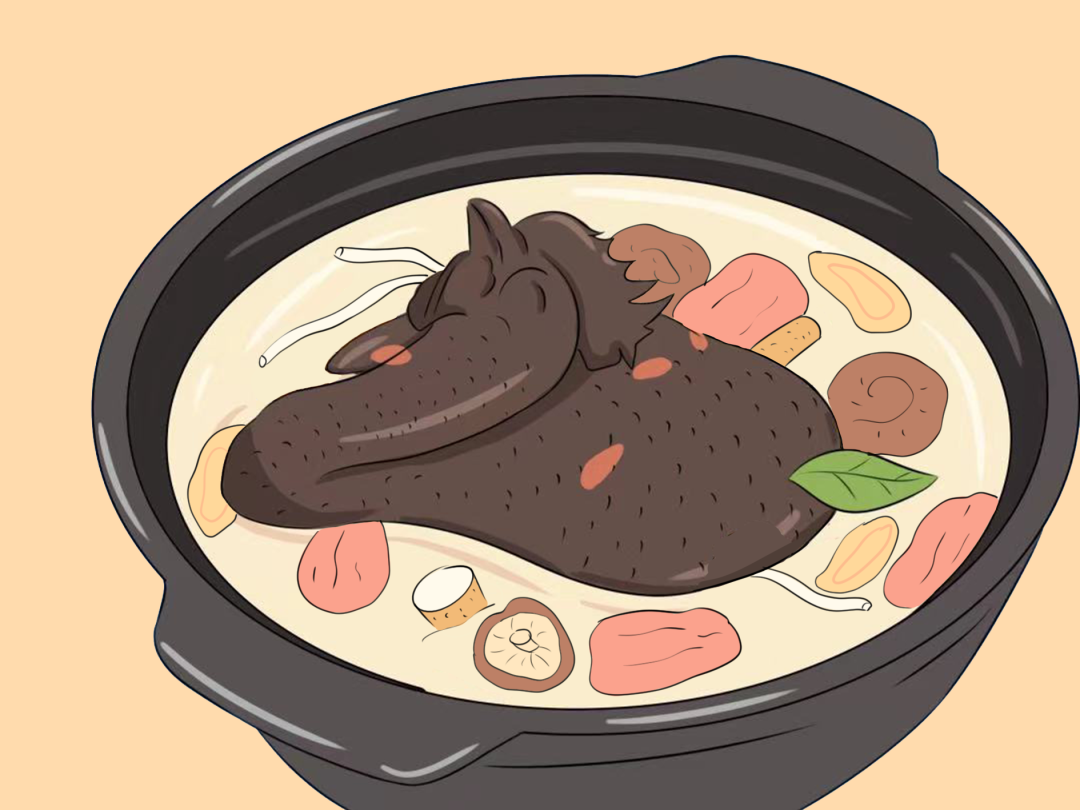
Dang Shen Red Date Longan Tea
Ingredients: 30 grams of Dang Shen, 10 red dates, 8 longan flesh, and 2 small slices of ginger.
Method: Wash the Dang Shen and red dates, soak them in clean water for 20 minutes, wash the longan, and slice the ginger. Add all ingredients to a soup pot, then add 1500 milliliters of clean water, bring to a boil over high heat, then simmer for 45 minutes to drink as tea.
Efficacy: Tonifies the middle, strengthens the spleen, benefits qi, calms the spirit, nourishes blood, and generates fluids, suitable for those needing nourishment but with weak spleen and stomach.
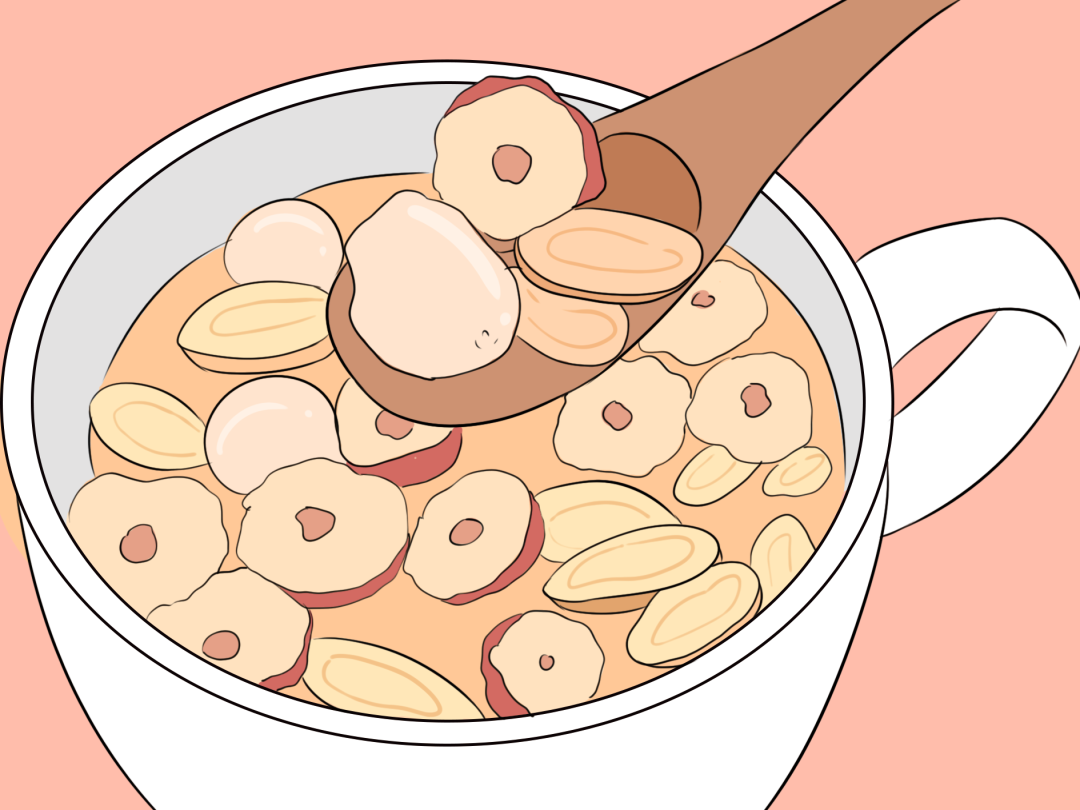
Although Dang Shen has a mild nature, it is not the case that more is better; it should not be taken indefinitely in excess. The recommended dosage is only 3-5 grams at a time. Young adults with excessive qi and blood, children, pregnant women, and nursing mothers should use it with caution.
Additionally, when taking Dang Shen, it should not be consumed simultaneously with radishes or tea leaves.
